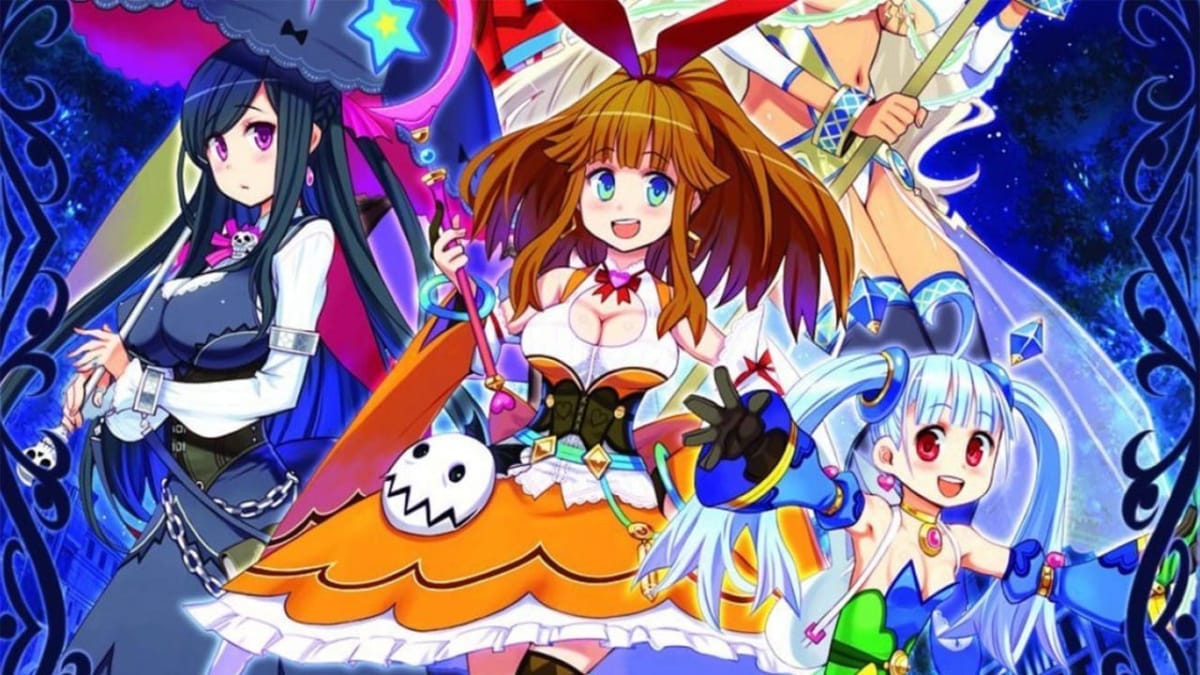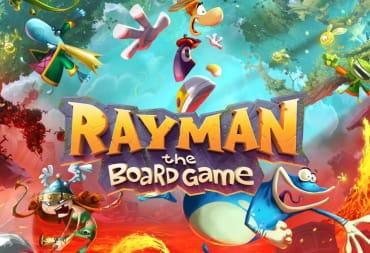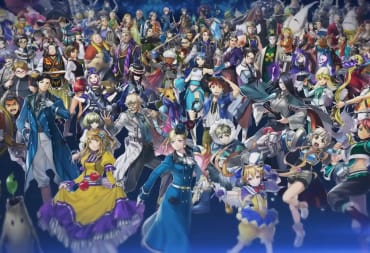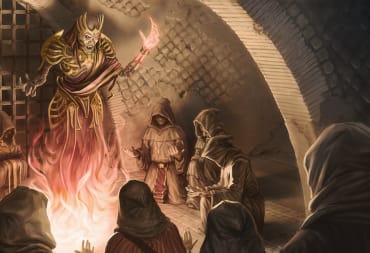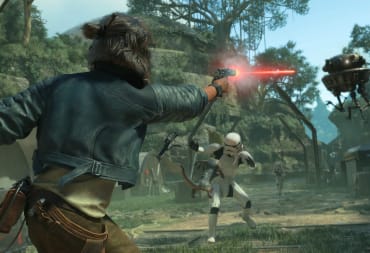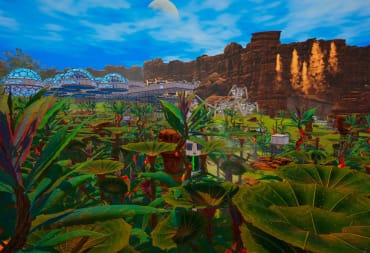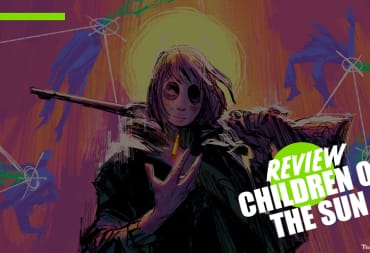Before I get started, I'd like to make one thing clear: MeiQ: Labyrinth of Death is not a bad game. That being said, it's by no means a good one either.
The Dungeon RPG - DRPG for short - is a genre that has been well-represented on the PlayStation Vita. Whether from the likes of Experience Inc. (Stranger of Sword City, Demon Gaze, New Tokyo Legacy, et al...) or other titles such as Dungeon Travelers 2, Severed, or even other Idea Factory games that haven't officially been localized like Moeru Chronicles or Moeru Crystal... Vita fans are anything but starved for games in the genre. As such, the first problem that MeiQ: Labyrinth of Death faces when trying to stand as it's own game is simple - it needed to have something to truly distinguish itself from other titles on the system in the genre.
MeiQ's unique feature would have to be the Machina system. During each encounter, players can have up to three Mages (special characters with the power to control Machinas, giant machines with their own souls), each linked with their own Machina, in the battle. Machinas can be equipped with different body parts, as well as different stones, to power them up. Arms come with their own attacks that they can use, as well as specific stats. Every arm has attacks that can be used when just one of the arm is equipped, as well as an attack that can be used if two of the same arm is on a Machina. Bodies each have their own unique attributes - differing base stats - though some bodies can be evolved as you progress through the game, making them much stronger each time. Stones have specific bonuses that apply to your Machina, such as specific skills that can be used either passively or actively in battle.

As far as Mage customization is concerned, all you really have at your disposal are equipping seeds (almost identical to stones) and, at least for Estra, changing forms. Changing Estra's form accomplishes two things. First, it changes her elemental alignment to whatever corresponds to that form, and then changes the element of her basic attack (though not her Magic). Each form in the base game corresponds to another of the five Machina Mages, though there are DLC forms available that allow Estra to look like Trillion from Trillion: God of Destruction, or Neptunia from HyperDimension Neptunia, among others.
In general, although the game's customization system is fairly different compared to other RPGs, it doesn't quite have as much depth as other systems in the genre. There's a bit of a meta with corresponding your Mage equipment with your Machina to have the best resonation with it, giving higher stats to the machine in the end, but not only is the game lacking depth compared to other DRPGs on the system, it leaves you wondering exactly what sort of audience that the game was targeting in the first place. Everything that I had heard about the game coming up to release was about how the title was aiming to appeal to hardcore DRPG fans, but once I actually started playing it, the game's customization and difficulty was shallow compared to other titles like Dungeon Travelers 2 and Stranger of Sword City on the platform.

Let me explain; MeiQ's combat is simple to begin with, as at any given time you only really have three or four attacks to choose from with each Machina. Mages have a basic attack, as well as magic, but essentially that basic attack is only used as a last resort. Using it leaves your Mage (which are much squishier and easier to kill compared to their Machina's) open to direct attack, and objectively whatever attack your Machina can dole out will be stronger. Magic can be used to either buff, heal, or in some cases attack - but even then, there's not much variety in the spells. You don't have any control over which spells you get while leveling characters up, as they all have their own specific set of magic that they'll unlock over time.
Each of the game's dungeons that you explore has their unique gimmicks, but that's really the only thing notable to say about them. The game fails to make the dungeons interesting, each biome that you explore is simple, like a lava-filled wasteland or a fairly generic forest. To make matters worse, although the game doesn't really look that impressive while in the dungeons, the game still manages to drop frames while exploring. That being said, exploring each dungeon - especially once you have the ability to search for Gemini beasts - is the best part of the game. Although they might look bland, dungeons don't manage to overstay their welcome at the very least, since they have their own unique gimmicks like on-screen enemies, invisible walls, teleporters, and more.

The game's story is forgettable, and any sort of plot twists can be seen coming a mile away. It's very by the books, and for an RPG the title isn't very long at all. Completing the game will take less than 20 hours for all but the slowest of players, and although there is some post-game content, the title still manages to be smaller than nearly every other DRPG on the system, barring perhaps the aforementioned Severed. However, Severed was a cheaper digital title, and the game arguably tried to do something entirely new for the genre.
Combat in the game, as mentioned before, is fairly simple. There is an elemental system at play, where each character or enemy is one of five elements, and you have to attempt to tackle each enemy with each weapon, but many fights boil down to the same problem - regular enemy encounters are almost ALWAYS too easy on Normal, while you're going to be left grinding for bosses. This is true until you find a configuration that outright breaks the game for a few hours in the story. For a few towers, I used the combination of an arm and a stone that had three attacks that each attacked four times, and used magic from one Mage to double by characters attacks for one turn. Nearly every enemy dropped dead in one turn, including bosses.

In the end, it's hard to recommend MeiQ to anyone but the most determined to play every DRPG on the system. The game features too much grinding to really recommend to newcomers to the genre while being too simple to recommend to veterans. In a vacuum, MeiQ is an alright RPG - but besides the somewhat unique combat mechanics, there really is nothing to see here that you can't find better implemented in other titles on the system. It's the very definition of an "OK" game.
Review Summary
MeiQ: Labyrinth of Death is in a weird situation where it's neither hard enough for DRPG veterans nor easy enough for newcomers to the genre. Combined with the lack of gameplay depth and a short playtime, it's hard to recommend unless you really must play every DRPG that hits Vita.
(Review Policy)Pros
- Combat is simple enough for newcomers to the genre to enjoy
- Exploring dungeons for Zodiac Beasts gives the game more meat than it otherwise would have
Cons
- Lots of backtracking to previously cleared dungeons
- Difficulty fluctuates wildly, even on
- Story twists can be caught a mile away
Have a tip, or want to point out something we missed? Leave a Comment or e-mail us at tips@techraptor.net
